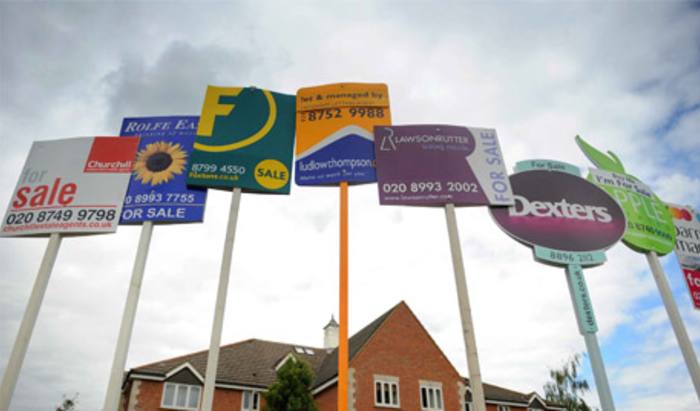
Data showing the huge decline in home ownership since 2001 have been released by the Economic Research Council (ERC).
The charts show a “significant” decline in home ownership amongst those under 45, with the most marked decline in the 16-24 bracket.
In 2001 nearly one quarter of 16-24 year-olds owned a home whereas by 2016, this had dropped to just over one in ten, the chart shows.
Levels of home-ownership among 25-34 and 35-44 year-olds has undergone a similar deterioration of 36 per cent and 24 per cent respectively.
The proportion of older people owning homes has increased. Amongst those aged between 65 and 74 home ownership had risen from 74.2 per cent in 2001 to 78.2 per cent by 2016.The ERC chart also shows the extent to which wages have not kept pace with house price inflation, a major reason for the collapse in home ownership.
Workers in 1997 could expect to pay on average 3.6 times their annual salary on the purchase of a home. However, this had more than doubled by 2016, with the average home costing 7.6 times the average annual wage.
A spokesman from the ERC said that 2016 marked the fourth consecutive year in which growth in house prices outstripped that of wages. More recently, 2017 average wage growth was 2.4 per cent, but average house prices rose by 5.2 per cent to £227,000.
“Although the picture can be less bleak in certain areas, the snapshot also disguises areas where affordability is a more extreme challenge,” the spokesman said.
He pointed to five London boroughs where houses earned more in a year than their owners. Barnet was the most obvious of these, where on average home-owners earned £54,600 net whereas their homes grew in value by nearly £107,000.
Recent figures from Keepmoat Homes backed up the decline shown in these charts. The average first-time buyer is now seven years older than in 1960 and needs to save around £20,000 to be able to buy a home, Keepmoat said.
In comparison, in 1960, the average first-time buyer was 23 years old, paying a deposit £595 on their first home – the equivalent of around £12,738 today.
Recent figures suggest that a slight stagnation in the housing market is making it slightly easier for first time buyers, however.
Figures from UK Finance, also out this month, showed a strengthening of first-time buyer numbers. There were 26,700 new first-time buyer mortgages completed in the month, some 3.5 per cent more than in the same month a year earlier.The average first-time buyer is now borrowing 3.62 times their salary and getting 84.9 per cent of the purchase price of £167,000, UK Finance reported





